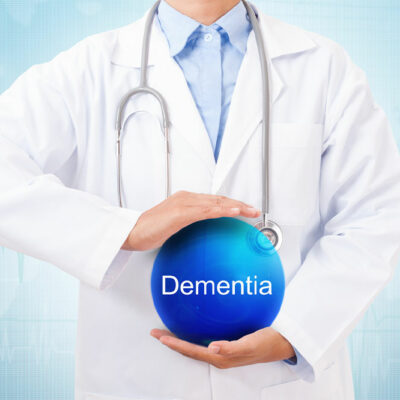
4 foods that may help manage ulcerative colitis
When the immune system misidentifies and targets good gut bacteria, the cells that line the colon, and food, it can lead to ulcerative colitis. The condition drives the white blood cells to attack the colon lining and trigger symptoms like irritation, inflammation, and ulcers in the large intestine. While ulcerative colitis is a chronic condition, adding certain foods to one’s meals and following some treatment options may help manage the condition. Foods for ulcerative colitis Nut butters A good source of proteins and healthy fats, nut butters like peanut butter, cashew butter, and almond butter may help manage any flare-up that may result from ulcerative colitis. Peeled and cooked veggies Peeled and cooked vegetables are soft and contain less insoluble fiber, making them less irritating to the gut. A few foods to consider are carrots, spinach, parsnips, turnips, and potatoes. The vegetables are abundant in nutrients like vitamins A and K, which can help reduce the effects of inflammatory bowel disease (IBD), a type of ulcerative colitis. Yogurt Fermented foods like yogurt are rich in probiotics that contain healthy bacteria. Such bacteria aid the digestive system and reduce ulcerative colitis symptoms and flare-ups. But one must steer clear of flavored yogurt as its sugar content may worsen symptoms.
Read Article 









